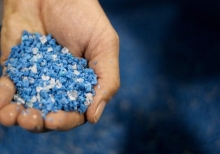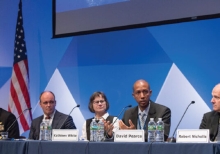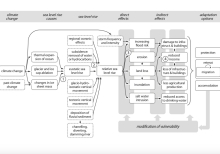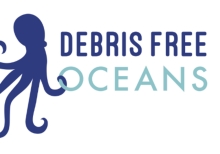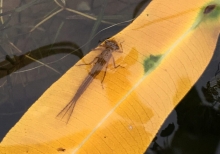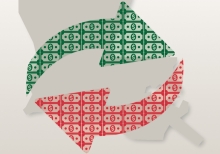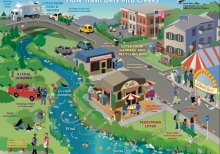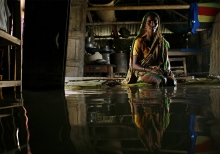The Lost Nurdles Polluting Texas Beaches
Last September, Jace Tunnell discovered a layer of tiny, round plastic pellets covering a beach on Padre Island off the southern coast of Texas. There were "millions of them," he recalled, "and it went on for miles." Tunnell, a marine biologist, knew exactly what the pellets were, but says he had never actually seen them before. They're called nurdles, and they're the preproduction building blocks for nearly all plastic goods, from soft-drink bottles to oil pipelines.
